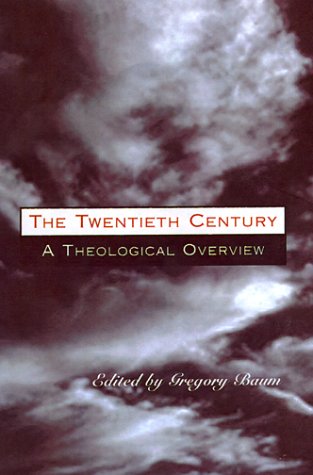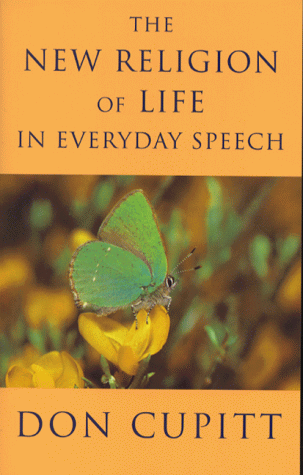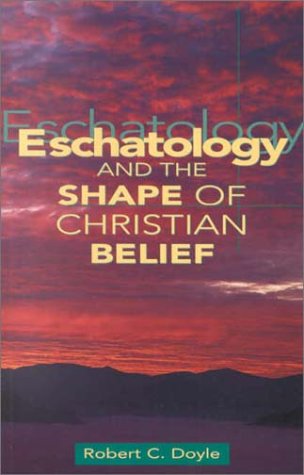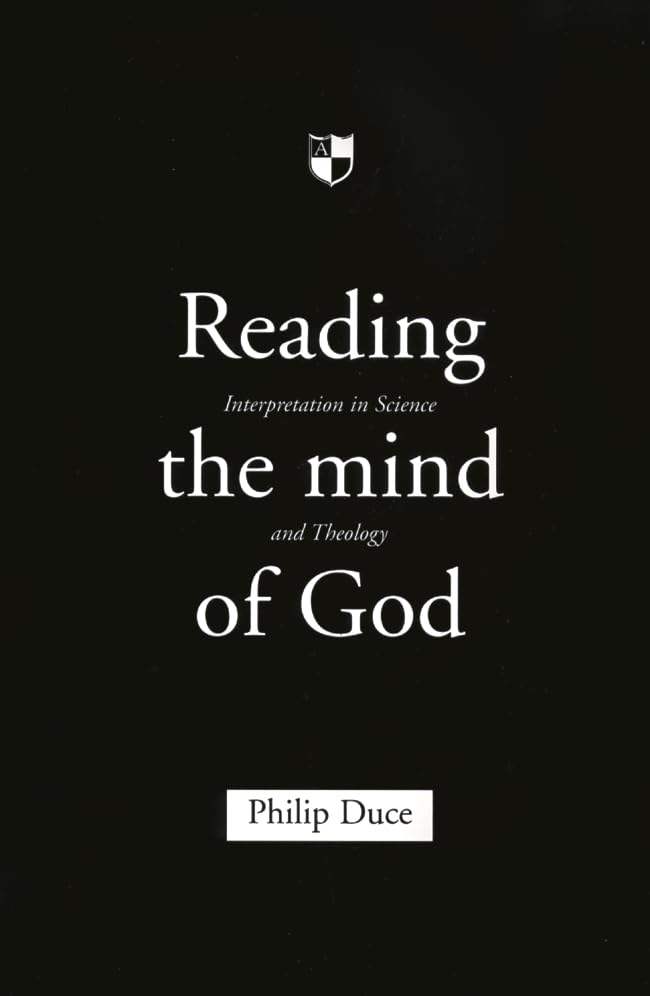Valuing People: Human Value in a World of Medical Technology
Written by D. Gareth Jones Reviewed By Katie WassonThe focus of this book is to examine the value placed on human beings in our modern age, with specific reference to biomedical technology. Writing as an evangelical Christian and a scientist, D. Gareth Jones discusses the impact of this technology on our lives. Both his faith and scientific training as an anatomist cause him to ask questions about biomedical issues, particularly those at the beginning and end of life. He concentrates on the status of the embryo, issues around genetics and cloning and the status of elderly and demented people.
Jones addresses different Christian positions on the value of human life and potential human life, arguing human life can have different value at its different stages. He believes that the Bible provides sets of moral principles, rather than absolute moral rules, which must be applied to specific situations. The Bible may not address specific biomedical dilemmas that arise in our modern world, but it does provide a framework for approaching dilemmas relating to the value of human life.
The book is well thought-out and clearly written. It is not overly technical and will be accessible to a wide range of people. There is a helpful use of hypothetical vignettes throughout the chapters that illustrate the types of dilemmas faced. Jones is not trying to convert people to his point of view, but to stimulate further debate and reflection on these issues. It is encouraging to read a text that offers a helpful attempt to integrate the Christian faith and scientific knowledge, approaches and questions. Jones does not shy away from the difficult, grey areas in biomedical ethics, nor does he tell the reader what to think. He recognises Christians do, and will continue to disagree on many biomedical areas, but encourages us all to examine these issues.
The main point with which some readers will disagree with Jones is his gradualist view that human life (or potential human life) has different value at its different stages, i.e. an embryo has a different value to a newborn baby or an adult. He recognises that all human life does have value and worth because it is made in the image of God, but not necessarily the same value. Value is determined by the stage of biological development and the quality of relationships with other people and God (47).
One danger with this view is that it bases human value and worth on capacity. If a person (or potential person) does not have the capacity to relate to others or God, then he/she could be deemed as less valuable. This view places vulnerable people in society at risk of being undervalued, or worse, being deemed to have no value. Jones recognises this difficulty and tries to emphasise an appreciation for human life at its various stages. Yet, someone somewhere still has to judge the quality of relationships one human being has with others and with God. Making such assessments is difficult and people often disagree.
Overall, the book is a very useful means of exploring these areas and Jones is careful in his consideration of the issues involved and the implications of his position. The volume makes interesting and stimulating reading.
Katie Wasson
Camden and Islington NHS Trust







